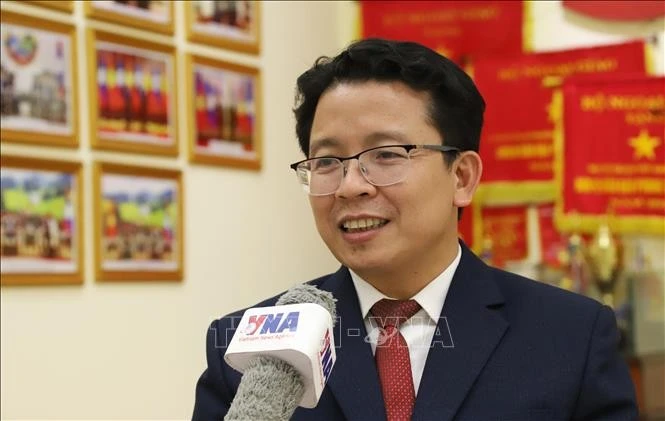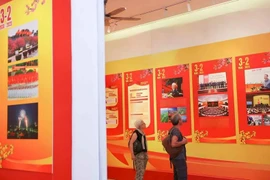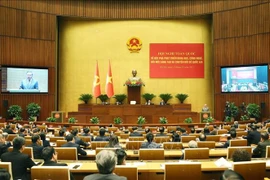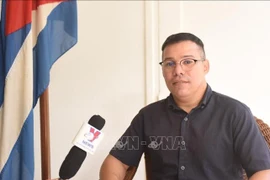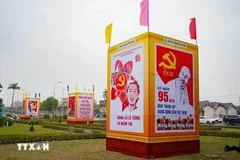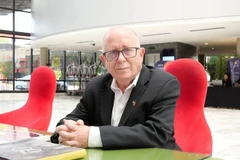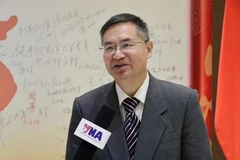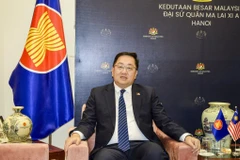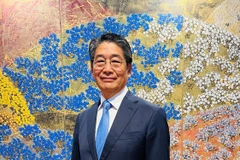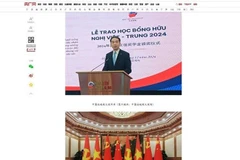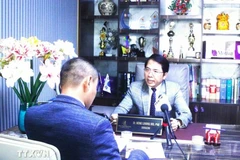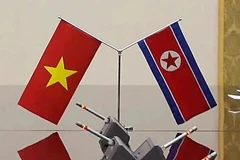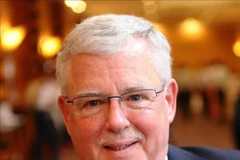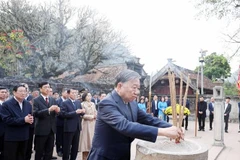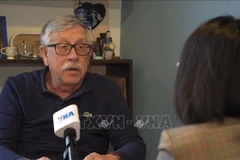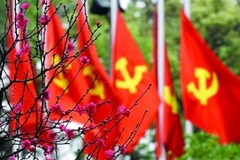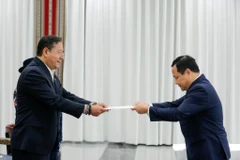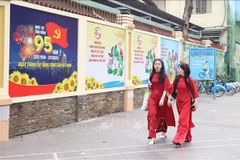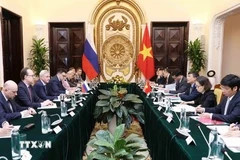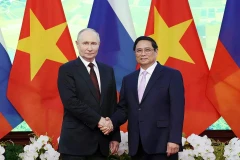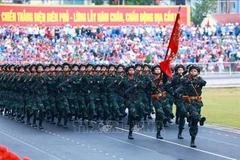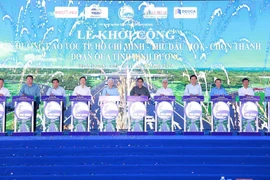Vientiane (VNA) – Over the past 95 years, the Communist Party of Vietnam (CPV) has led the country’s revolutionary cause from one victory to another, liberating the Vietnamese people from oppression and exploitation, making them true masters of their nation, and ushering in a new era in the country’s history - one that steadily progresses toward socialism.
This is the view of experts and policymakers in Laos, including those who have spent years living and studying in Vietnam.
Dr. Daosavanh Kheuamixay, Deputy Director of the Lao National Academy of Politics and Public Administration (NAPPA), praised the CPV’s pivotal role in successfully leading the August Revolution in 1945 and later defeating French colonial rule in Indochina through the historic Dien Bien Phu Victory in 1954, which “resounded across the five continents and shook the world.” This victory forced France to sign the Geneva Accords, recognising the independence and sovereignty of the three Indochinese nations.
He affirmed that Vietnam’s triumph in national liberation and reunification was inseparable from the leadership of the CPV.
According to Kheuamixay, several key factors have enabled the CPV to maintain its leadership role. These include the creative and flexible application of Marxism-Leninism and Ho Chi Minh Thought to Vietnam’s specific conditions, as well as the Party’s steadfast commitment to a “people-centred” approach, mobilising all social strata to defeat the enemy.
He noted that the CPV’s ability to formulate timely and appropriate policies suited to Vietnam’s circumstances has been crucial to the success of the revolution, thereby reinforcing its leadership. Additionally, the Party’s unwavering dedication to improving livelihoods, ensuring national well-being, and liberating citizens from oppression has helped maintain its position at the helm of the country’s progress.
CPV’s leadership in Vietnam’s renewal process
Talking about the CPV’s leadership in the country’s doi moi (renewal) process, Kheuamixay stated that since the Sixth National Congress of the CPV in 1986, Vietnam has undergone a remarkable transformation. The economy and society have continued to grow, significantly improving people’s living standards.
In the area of national defence and security, Vietnam has built strong resilience, ensuring the protection of its sovereignty and territorial integrity. On the diplomatic front, the country is playing an increasingly important role in the international arena.
Kheuamixay attributed Vietnam’s success to the CPV’s sound leadership, saying that the Party has implemented well-timed reforms across various sectors, with a strong focus on economic transformation -one of the decisive factors in Vietnam’s successful renewal.
Meanwhile, Phonekham Sisomphanh, a specialist at the AlounMai online journal under the Lao People’s Revolutionary Party (LPRP) Central Committee’s Commission for Propaganda and Training, emphasised that the CPV’s establishment on February 3, 1930, by President Ho Chi Minh was a historic milestone. It marked a crucial turning point not only for Vietnam’s revolution but also for the Indochinese nations in general.
Under the Party’s leadership, Vietnam waged a successful revolutionary struggle against French colonialism and American imperialism, ultimately achieving independence, national liberation, and reunification in 1975.
According to Sisomphanh, in Vietnam’s ongoing renewal process, the CPV plays an indispensable role in guiding the nation, formulating sound policies and strategies that align with contemporary realities to drive the country toward prosperity while ensuring national security, sovereignty, and deep international integration.
Vietnam’s economy is currently experiencing rapid growth, with high expansion rates and steadily improving living standards. These achievements have been widely recognised by the international community as clear evidence of the CPV’s insightful and effective leadership in the renewal process.
Sisomphanh also noted that the CPV and the Vietnamese government are prioritising anti-corruption efforts while streamlining administrative apparatus. This reflects the Party’s strategic vision in crafting policies tailored to each stage of development, fostering rapid, effective, and modern economic growth.
At present, the CPV and the Vietnamese government have set ambitious goals to lead the nation into a new era - an era of Vietnam’s rise. This presents a significant opportunity for the country to achieve comprehensive and sustainable development, attract more foreign investment, and enhance its stature in the region and the world./.
